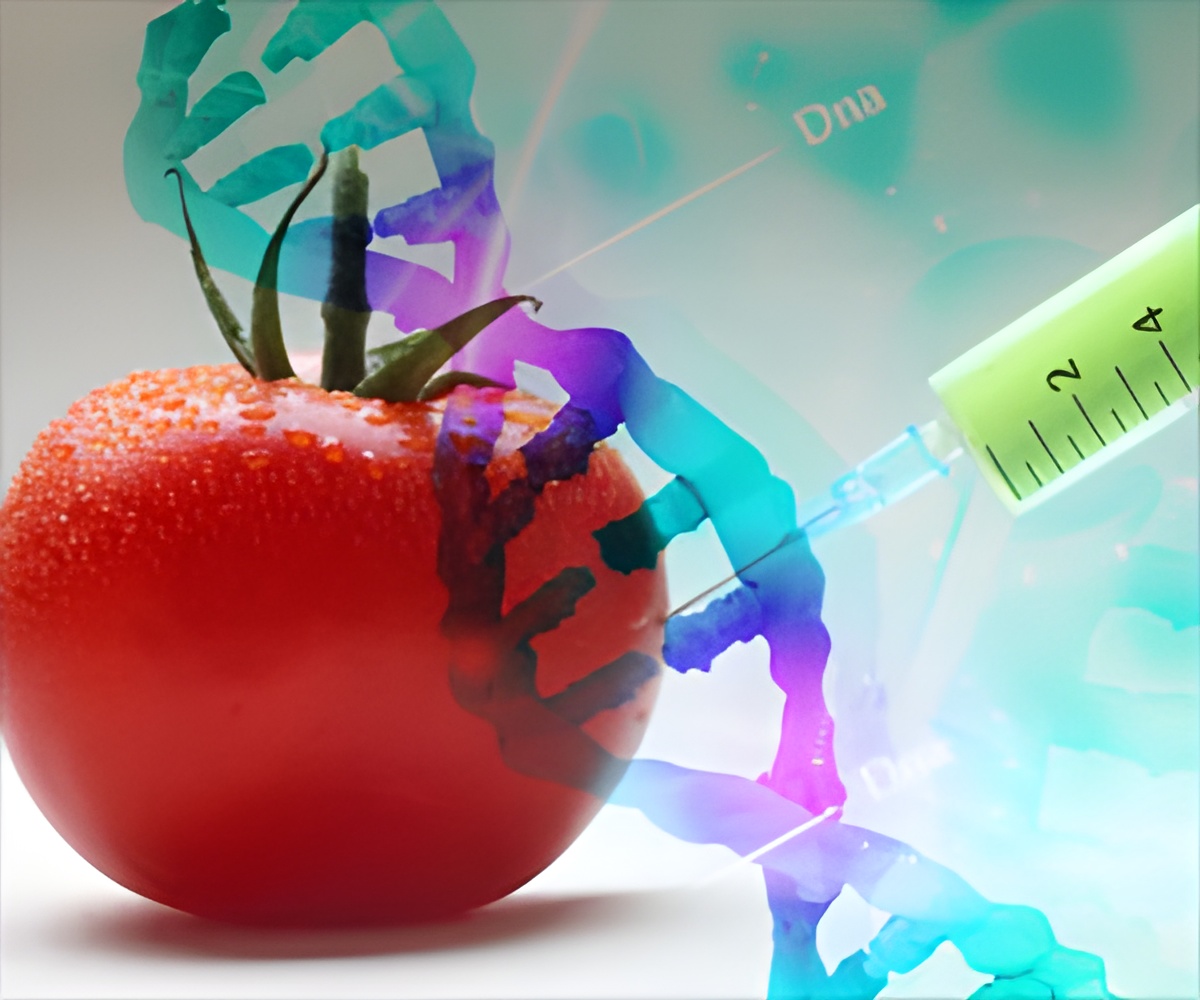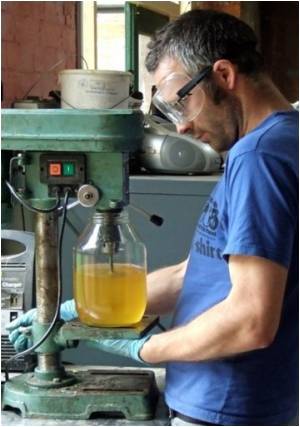Purdue University scientists have found the gene that is responsible for the production of the amino acid phenylalanine.

Natalia Dudareva, a distinguished professor of horticulture, and Hiroshi Maeda, a postdoctoral researcher in Dudareva's laboratory, determined that the gene is one of 10 responsible for phenylalanine production in plants. Understanding how the amino acid is produced could provide a strategy to increase or reduce that production.
Phenylalanine is important for plant protein synthesis and for the production of flower scent, anti-oxidants and lignin, a principal plant cell wall component that helps plants stand upright and acts as a barrier in the production of cellulosic ethanol. It is one of the few essential amino acids that humans and animals cannot synthesize, so it must come from plants.
"In plant tissues where we want to lower lignin content, we may be able to block these pathways," Maeda said.
"In cases where you want to increase the amount of phenylalanine, we could do that as well."
Decreasing phenylalanine could lead to a reduction in lignin, which would improve digestibility of cellulosic materials for ethanol production. Increasing phenylalanine could boost the nutritional value of some foods.
Advertisement
"This gene had almost identical gene expression patterns as the known phenylalanine-related genes," Maeda said.
Advertisement
To test the find, Dudareva and Maeda used the E. coli bacteria. They overexpressed the protein encoded by newly discovered gene and detected the expected enzyme activity. They also decreased the gene's expression in petunia flowers and witnessed a reduction in phenylalanine production.
The findings have been published in the early online version of the journal Nature Chemical Biology.
Source-ANI










